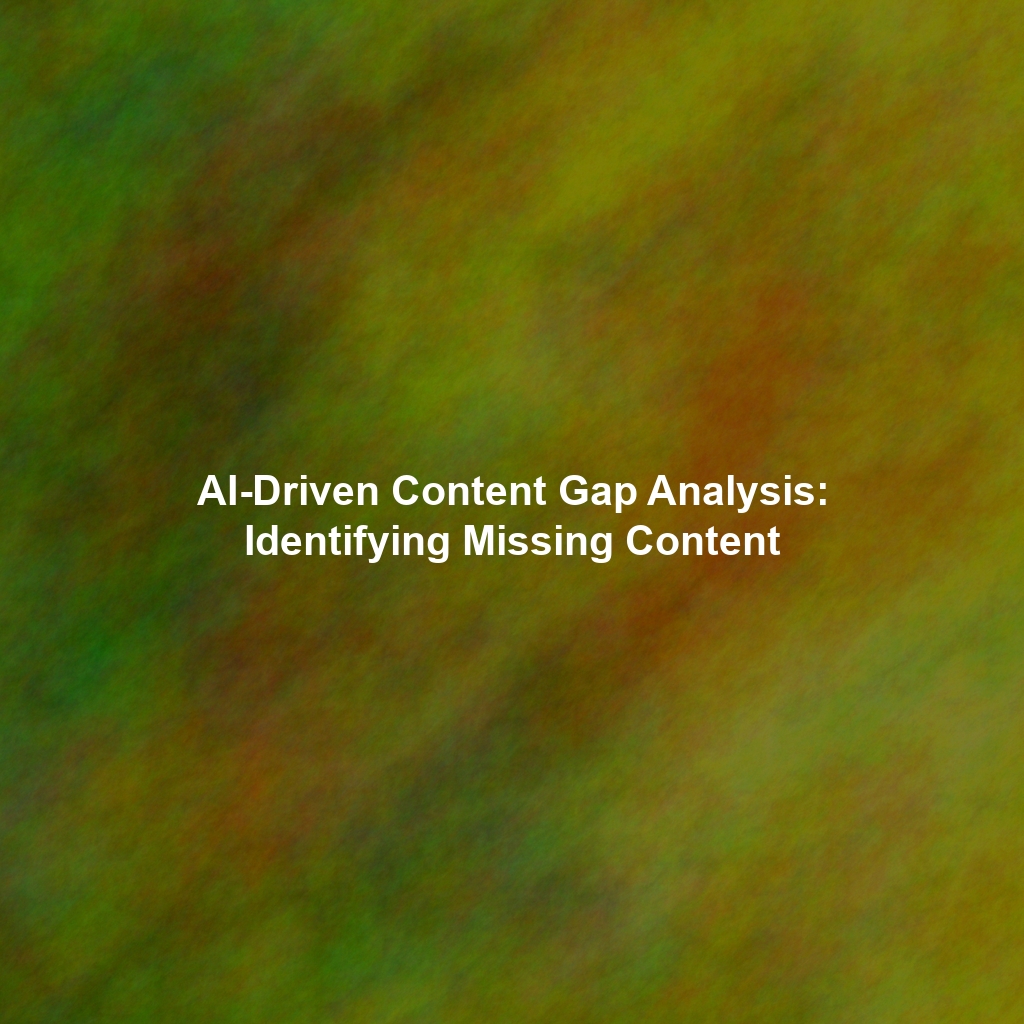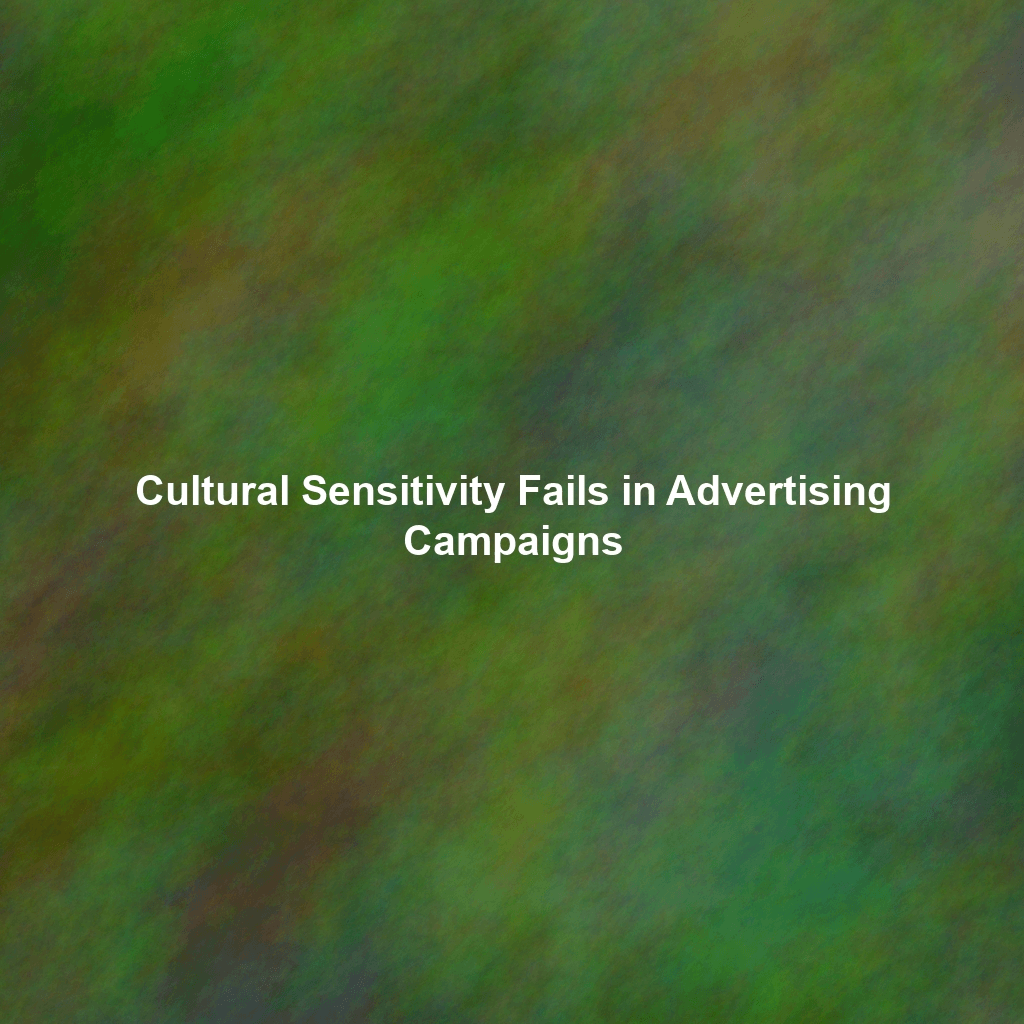Understanding the Power of AI in Content Marketing
Before diving into the specifics of scaling content creation with AI, let’s understand its overarching role in content marketing. AI is not just about automating writing; it’s about enhancing the entire content lifecycle, from ideation to distribution and analysis.
- Content Ideation and Research: AI can analyze trending topics, competitor content, and audience preferences to identify promising content ideas. It can also conduct in-depth research on specific subjects, gathering relevant information and sources.
- Content Creation: AI tools can assist in writing blog posts, articles, website copy, social media updates, email newsletters, and even scripts for videos and podcasts.
- Content Optimization: AI can analyze content for SEO performance, readability, and engagement, suggesting improvements to boost its visibility and impact.
- Content Distribution and Promotion: AI can automate the scheduling and distribution of content across various channels, optimizing timing for maximum reach and engagement.
- Content Analysis and Measurement: AI can track the performance of content, identifying which pieces are resonating with the audience and providing insights for future content strategies.
How AI Enables Scalable Content Creation
The real magic of AI lies in its ability to scale content creation without sacrificing quality. Here’s how:
1. Automating Repetitive Tasks
Many content creation tasks are repetitive and time-consuming. AI can automate these tasks, freeing up human writers to focus on more strategic and creative endeavors. Examples include:
- Generating product descriptions: AI can create unique and compelling product descriptions based on product specifications.
- Writing social media captions: AI can generate various caption options for different platforms, tailored to specific audiences and objectives.
- Creating email subject lines: AI can generate catchy and engaging subject lines to improve email open rates.
- Transcribing audio and video content: AI-powered transcription tools can quickly and accurately transcribe audio and video, making it easier to repurpose content.
2. Enhancing Writing Speed and Efficiency
AI writing tools can significantly speed up the writing process by providing suggestions, generating outlines, and even writing entire drafts. While human oversight is still crucial, AI can act as a valuable writing assistant, boosting productivity and efficiency.
Consider the process of writing a blog post. AI could be used to generate an initial outline, research relevant keywords, and even write the first draft. The human writer can then refine the content, add their own unique voice and perspective, and ensure accuracy and coherence.
3. Maintaining Brand Consistency
Maintaining a consistent brand voice and style is essential for building brand recognition and trust. AI can help ensure consistency across all content by adhering to predefined style guides, tone-of-voice parameters, and brand messaging.
For example, AI can be trained on existing brand content to learn the specific language and style used by the company. It can then apply these parameters to all new content, ensuring a consistent brand experience for the audience.
4. Personalizing Content for Different Audiences
Personalized content is more engaging and effective. AI can analyze audience data to create content that is tailored to the specific interests, needs, and preferences of different segments. This can include:
- Customizing email newsletters: AI can personalize email newsletters based on subscriber behavior and preferences.
- Creating targeted landing pages: AI can generate landing pages that are optimized for specific keywords and target audiences.
- Recommending relevant content: AI can recommend content to users based on their browsing history and interests.
Choosing the Right AI Tools for Content Creation
The market for AI content creation tools is rapidly growing, with a wide range of options available. Choosing the right tools for your needs can be a daunting task. Here are some factors to consider:
- Your content needs: What types of content do you need to create? Blog posts, articles, social media updates, product descriptions, or something else?
- Your budget: AI content creation tools range in price from free to hundreds of dollars per month.
- The tool’s features: Does the tool offer the features you need, such as keyword research, content optimization, and plagiarism checking?
- The tool’s ease of use: Is the tool easy to use and understand? Does it require technical expertise?
- The tool’s accuracy and reliability: Does the tool generate accurate and reliable content? Does it require significant editing and revisions?
Some popular AI content creation tools include:
- Jasper (formerly Jarvis): A powerful AI writing assistant that can generate various types of content, including blog posts, articles, and social media updates.
- Copy.ai: An AI copywriting tool that can generate marketing copy for websites, ads, and social media.
- Rytr: An AI writing tool that can generate various types of content, including blog posts, articles, and social media updates.
- Surfer SEO: An AI-powered SEO tool that can help you optimize your content for search engines.
- Grammarly: An AI-powered writing assistant that can help you improve your grammar, spelling, and style.
Best Practices for Using AI in Content Creation
While AI can be a powerful tool for scaling content creation, it’s important to use it strategically and ethically. Here are some best practices to keep in mind:
- Don’t rely solely on AI: AI should be used as a tool to assist human writers, not replace them entirely. Human oversight is crucial for ensuring accuracy, coherence, and originality.
- Edit and revise AI-generated content carefully: AI-generated content is not always perfect. Be sure to edit and revise it carefully to ensure that it meets your quality standards.
- Fact-check AI-generated content: AI can sometimes hallucinate information or provide inaccurate data. Always fact-check AI-generated content before publishing it.
- Use AI to enhance, not replace, your creativity: AI can be a valuable tool for brainstorming ideas and overcoming writer’s block, but it shouldn’t stifle your creativity.
- Be transparent about using AI: If you are using AI to generate content, be transparent about it with your audience. This will help build trust and avoid any potential ethical concerns.
The Ethical Considerations of AI Content Creation
As AI becomes more prevalent in content creation, it’s crucial to consider the ethical implications. This includes issues such as:
- Plagiarism: Ensuring that AI-generated content is original and does not infringe on copyright.
- Misinformation: Preventing AI from generating or spreading false or misleading information.
- Bias: Addressing potential biases in AI algorithms that could lead to unfair or discriminatory content.
- Transparency: Being open and honest about the use of AI in content creation.
The Future of AI in Content Marketing
The future of AI in content marketing is bright. As AI technology continues to evolve, we can expect to see even more sophisticated and powerful tools that can help marketers create high-quality content at scale.
Some potential future developments include:
- More advanced AI writing tools: AI writing tools will become even more capable of understanding nuances in language and generating creative content.
- AI-powered content personalization: AI will be able to personalize content at an even deeper level, tailoring it to the specific interests and needs of individual users.
- AI-driven content strategy: AI will be able to analyze data and provide insights to help marketers develop more effective content strategies.
- AI-integrated content workflows: AI will be seamlessly integrated into content workflows, automating tasks and improving efficiency at every stage.
Conclusion: Embracing AI for Content Success
AI is revolutionizing the way content is created, enabling businesses to scale their content efforts without sacrificing quality. By automating repetitive tasks, enhancing writing speed, maintaining brand consistency, and personalizing content, AI is empowering marketers to create more engaging and effective content that drives results.
While AI is not a replacement for human creativity and expertise, it is a powerful tool that can significantly enhance content marketing strategies. By embracing AI and using it strategically, businesses can unlock new levels of content success and achieve their marketing goals.
 Skip to content
Skip to content

